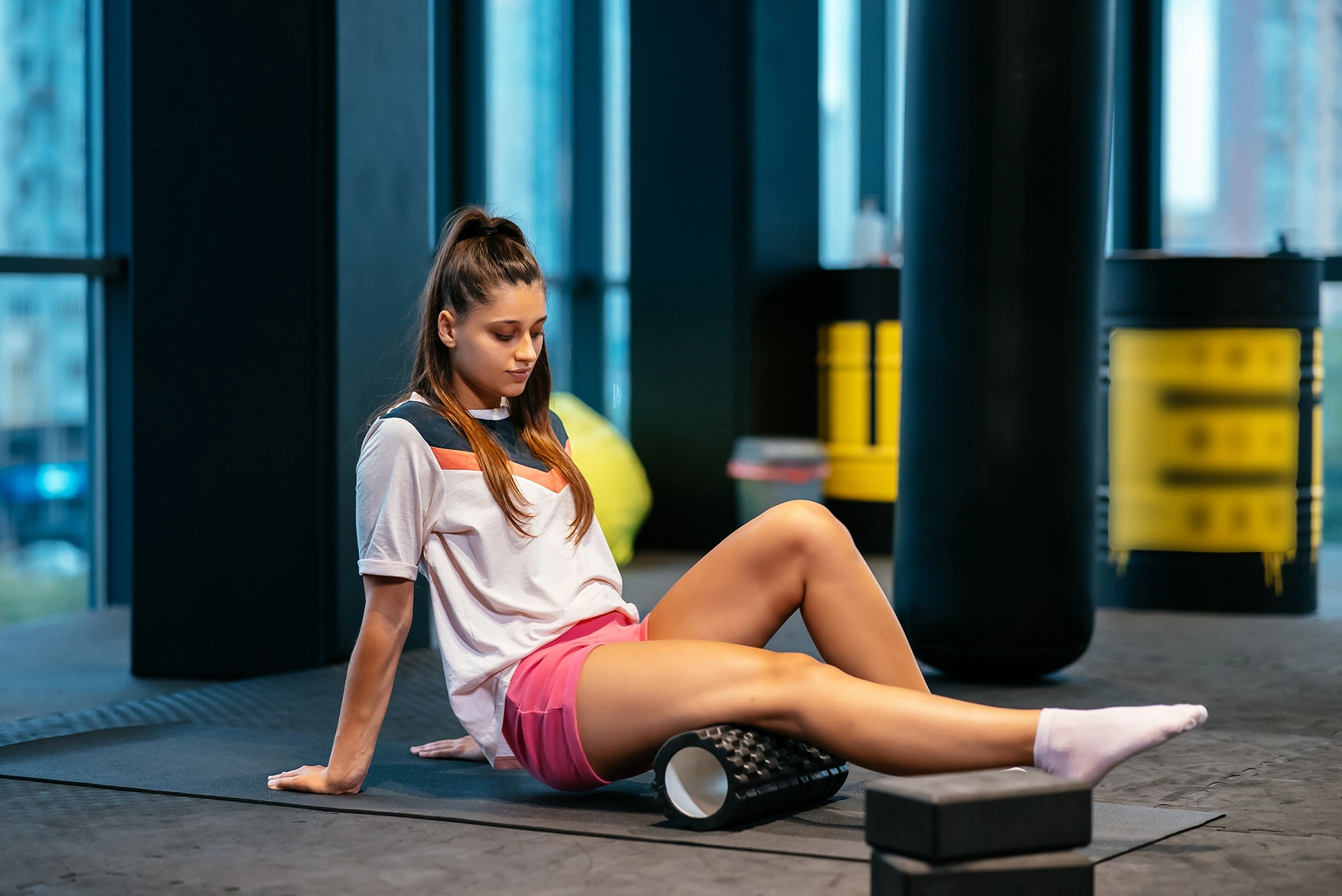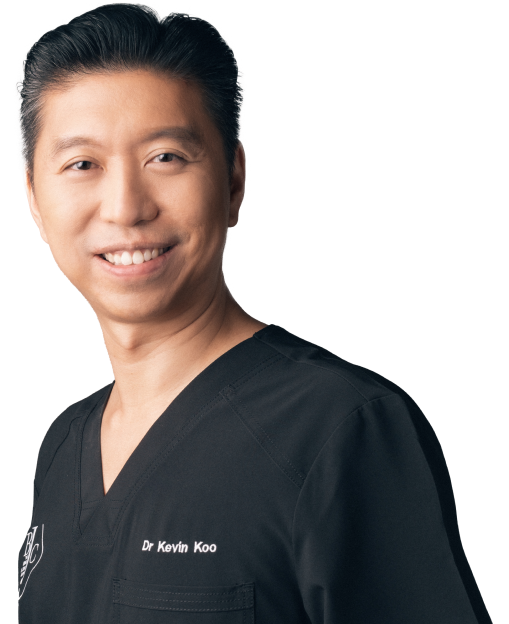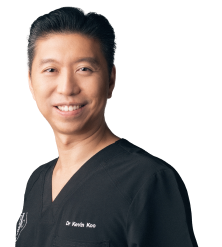Life After Sports Surgery: Recovery, Rehab, and Return to Play

Undergoing sports surgery can be a daunting experience, especially for active individuals and athletes who are eager to return to the sports they love. While surgery is often a crucial step toward healing and restoring function, it’s just the beginning of the journey.
Life after sports surgery involves a carefully planned recovery process, structured rehabilitation, and a gradual return to physical activity. In this guide, we explore what to expect during this journey, and how to optimise recovery for a safe and successful return to play.
Understanding Sports Surgery
Sports surgeries are often performed to repair injuries that haven’t responded to conservative treatments like physiotherapy, rest, or medication. Common procedures include:
- ACL reconstruction
- Meniscus repair
- Rotator cuff surgery
- Labral tear repair
- Arthroscopic joint procedures
These surgeries aim to restore stability, mobility, and function, allowing athletes to return to their sport at pre-injury levels—or even better.
1. Recovery Starts Immediately After Surgery
Recovery doesn’t wait until you’re home. It begins right after the surgery, in the recovery room. In the initial days:
- Pain management is a priority. Your doctor may prescribe medications to reduce pain and inflammation
- Swelling and stiffness are addressed with ice, elevation, and compression
- Movement may be initiated early to prevent complications like joint stiffness and muscle wasting, depending on the type of surgery.
During this phase, it’s crucial to follow your sports surgeon’s post-operative instructions closely.
2. The Importance of a Structured Rehabilitation Plan
Rehabilitation is the cornerstone of a successful recovery. A physiotherapist will guide you through a personalised plan that evolves in phases:
Phase 1: Protection and Early Mobility
- Gentle range-of-motion exercises
- Pain and swelling control
- Use of crutches, braces, or slings if needed
Phase 2: Strength and Flexibility
- Rebuilding strength in the affected muscles
- Gradual weight-bearing
- Restoring flexibility and joint mobility
Phase 3: Functional Training
- Sport-specific drills
- Balance and proprioception training
- Cardiovascular conditioning
Phase 4: Return to Play
- Advanced training to simulate game conditions
- Psychological readiness assessment
- Clearance from your medical team
Skipping phases or rushing the process can lead to reinjury or chronic issues, so patience and consistency are key.
3. Nutrition and Sleep: Recovery Essentials
Your body needs proper fuel and rest to heal. Focus on:
- Protein: Essential for muscle repair
- Anti-inflammatory foods: Like leafy greens, berries, and fatty fish
- Hydration: Helps with tissue repair and energy levels
- Sleep: Aim for 7–9 hours per night to support recovery and mental health
Avoid smoking and excessive alcohol, as both can hinder healing.
4. Mental and Emotional Recovery
Recovering from surgery isn’t just physical—it’s mental, too. Athletes often struggle with frustration, impatience, or fear of re-injury.
Tips for managing the psychological side:
- Set realistic short- and long-term goals
- Celebrate small milestones
- Stay connected with your team or fitness community
- Consider working with a sports psychologist if needed
Mental resilience is just as important as physical strength in the journey back to sports.
5. Knowing When You're Ready to Return to Play
Returning to sport is a big milestone, but it must be approached with caution. Your readiness is based on:
- Functional testing results
- Strength symmetry between limbs
- Absence of pain or swelling
- Psychological confidence in your movements
Your orthopaedic specialist, physiotherapist, and possibly a sports physician will collaborate to assess your readiness. Returning too early increases the risk of re-injury, so it's essential to wait until all boxes are checked.
6. Preventing Reinjury
After making it back, the focus shifts to staying in the game. Here’s how:
- Maintain a regular strength and conditioning programme
- Continue flexibility and mobility exercises
- Use proper technique and warm up thoroughly
- Wear protective gear or braces if recommended
- Listen to your body and rest when needed
Ongoing care and vigilance are vital to protecting the investment you’ve made in your recovery.
How The Bone & Joint Centre Can Help
At The Bone & Joint Centre, we understand the unique challenges athletes face after surgery. Our team provides comprehensive post-surgical care that supports every step of your recovery journey. If you’ve undergone sports surgery or are planning one, contact us today.
FRCSEd (Orth), FAMS
Dr Kevin Koo is an experienced orthopaedic specialist with over 20 years of experience. He completed a fellowship at St. Mary's and Charing Cross Hospitals, Imperial College Healthcare in London, UK, where he worked with internationally recognised orthopaedic surgeons and treated professional athletes and dancers.
Dr Koo's dedication to the field is evident in his numerous accolades and his former role as Director of Foot and Ankle Service at Singapore General Hospital. He also actively contributes to advancements in orthopaedic surgery through his published research in numerous peer-reviewed medical journals.

Well-being: Our Focus at
The Bone & Joint Centre.
get in touch as soon as possible.
| Tel. | : +65 6970 5905 |
| Fax | : +65 6970 5906 |
| Mobile | : +65 9898 7781 |
| : hello@bjc.sg , drkevinkoo@bjc.sg |
| Mon - FriMonday to Friday | :8:30am to 5:30pm |
| Sat, Sun and PHSaturday, Sunday & PH | :Closed |





